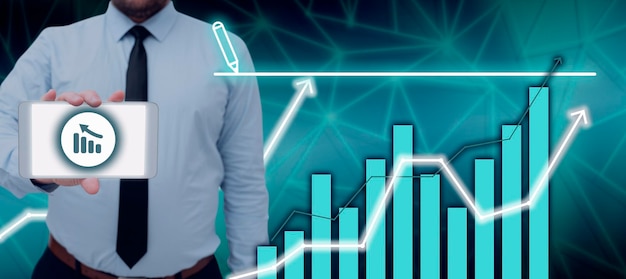Mastering Sales Predictions with CRM Tools

Ever wish you could predict every future sale for your business? Imagine having that kind of foresight! While we might not have a crystal ball, technology brings us pretty close, particularly through tracking sales data in your CRM system.
Why should small business owners care about CRM systems? Because these tools can revolutionize how you manage your business. CRMs aren’t just for big companies; they’re incredibly beneficial for small businesses too. They help you keep all your customer information in one place, understand customer behavior, and build lasting relationships.
Streamlining your sales process is another big win with a CRM, making it quicker to close deals. CRMs provide sales pipelines to manage and visualize every opportunity, from prospecting to sealing the deal. Plus, excellent customer service is essential for any business, and a CRM helps track customer inquiries and issues, ensuring you follow up consistently and offer personalized service.
By tracking customer interactions and buying patterns, a CRM can give you the insights needed for data-driven decisions, helping you set sales targets and predict cash flows. Over time, this data allows for forecasting future sales through predictive analytics.
Let’s delve into the details of using a CRM for sales forecasting. First, it’s crucial to understand that effective forecasting can eliminate lots of stress. Here are two straightforward methods that SMB owners can use:
1. **Forecasting by Sales Funnel**: This involves analyzing each stage of your sales funnel, such as lead generation, lead qualification, proposal, negotiation, and closure. By examining conversion rates and the time spent at each stage, you can forecast sales volume and revenue more accurately. Quantifying success rates at these milestones helps project future sales outcomes.
2. **Forecasting by Lead Score**: This method assigns a score to each sales opportunity based on its likelihood to close. Factors like customer engagement, buying signals, and historical data come into play. These scores help sales teams prioritize their efforts and predict sales revenue. Assigning numerical values to leads based on their conversion likelihood offers valuable insights.
Both methods provide powerful tools for sales forecasting, and it’s up to you to decide which fits your business best.
So, don’t overlook the benefits of using a CRM. Embrace this technology to make data-driven decisions and enhance your business’s sales forecasting. Trust me, you don’t want to miss out on the confidence and insights a good CRM can provide.